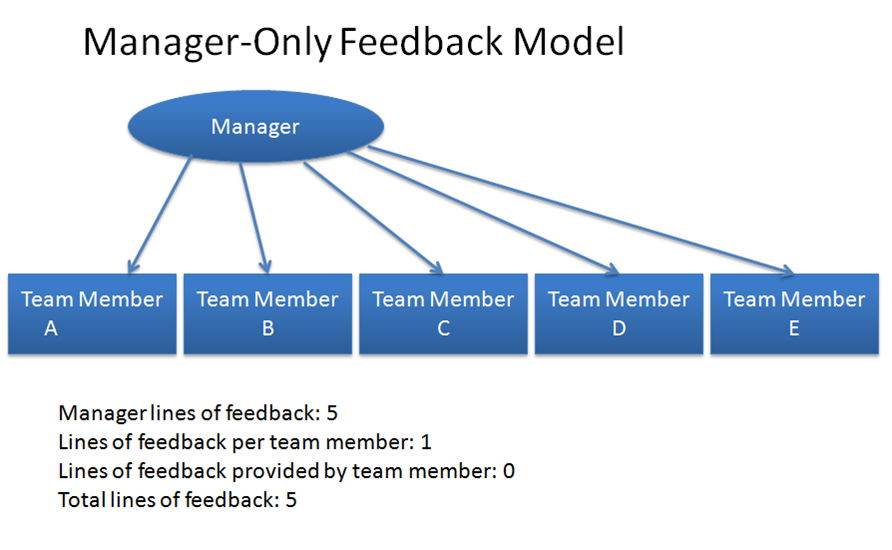How to improve management design: Look at examples of high-profile careers that receive a lot of performance feedback
The Manager by Designsm blog discusses performance feedback a lot. That’s because it is an art that is practiced either in a limited manner, or poorly. At the same time, performance feedback is a significant driver to improved performance of people on your team, perhaps the most significant driver. If you imagine the alternative – no performance feedback – you will have a situation where whatever level of performance you are at will either stay the same or get worse. Similarly, the professions that seem to be the most visible and most public seem to get the most performance feedback. Some of it is requested, and some of it is unsolicited, but in all cases, if the profession is important enough, the performance feedback comes in frequently, specifically, and immediately.
Let’s take a look at some example professions that receive performance feedback, and how that feedback is delivered:
Professional athletes: Professional athletes get feedback in the following ways:
–Coaching during practice and games
–Sportswriters during practice and after games
–The public during games and after games
–The scoreboard
–Statistics
–Analysis of statistics
–Comparisons to other athletes’ statistics
–Playing time
Bonus! Three more tips for how manager can improve direct peer feedback
I’ve been writing a lot about peer feedback lately, and here’s why: It can do great things for your team, or it can do bad things for your team. So let’s get it right. Let’s make it a force for good, rather than bad.
In my previous article, I provided three tips for driving the positive outcomes of using peer feedback as a tool for improving your team performance. As a manager, you have to manage how peer feedback is given. If you manage this, your team as a whole will drive for improved performance, not just you.
Let’s continue down that path and explore three more tips for developing a team that uses peer feedback effectively:
4. Phase in giving feedback and who gives feedback
There are lots of situations where you must beware unleashing the feedback-giving ethos:
–A new team member may not be the best person to give feedback. The new team member may not know what the right course of action is. However, that person is also a candidate to receive peer feedback, and hence will begin to experience the culture of giving and receiving peer feedback. But when first starting, perhaps you should not unleash the expectation to give peer feedback right away.
–Similarly, another team member may have trouble using behavior-based language. Don’t encourage this person to give peer feedback.
Tips for how a manager can improve direct peer feedback
Peer feedback can be a tricky thing. When it is given indirectly, such as via 360 feedback surveys, it potentially makes a mess that is hard to clean up. But what about when peer feedback is directly given? There are pros and cons for peer feedback directly given, and perhaps the biggest argument in favor of direct peer feedback is that it multiplies the amount of performance feedback an employee receives.
Use these tips to encourage your team to maximize the pros and minimize the cons:
1. Get the team, in addition to the manager, good at giving feedback
The Manager by Design blog knows how badly given feedback can ruin so many things about the work environment. And there is an epidemic of badly-given feedback out there, and for this reason I have some hesitation to recommend in this post that the lines of feedback be increased, since it could be increased badly given feedback.
However, performance feedback is such an important performance driver that this must be overcome! There are ways to improve how you give feedback and can identify what good feedback looks like. This blog provides a number of tips on how to improve the feedback, from making it specific and immediate to using behavior-based language, to seeking direct observation and feedback opportunities. There are many examples of great training opportunities to learn how to give performance feedback. In the Seattle area, I recommend Responsive Management Systems, which provides services that will improve how you prepare to give feedback and give feedback that gets the results you want. Of particular interest related to this topic is their “Responsive Colleague” program.1
An opportunity to increase the amount of performance feedback on your team
Peer feedback is frequently given via indirect surveys, perhaps as part of a 360-degree feedback program. I would like to argue that this doesn’t really count as peer feedback, since it is time-delayed, indirect, and frequently non-actionable. I’m more in favor of direct peer feedback, since it is specific and immediate, can be focused on improving performance and teamwork. However, there are some reasons to be wary direct peer feedback, as I detail in my previous post.
However, the main reason I’m in favor of direct peer feedback is that it multiplies the amount of performance feedback that team members receive. Let me explain:
A traditional model for how employees improve their performance is through manager observation, and then the manager provides coaching and corrective feedback. For a team of five people, this is what it looks like:
Look familiar? This is the popular conception for how employees receive feedback on their performance. It is predicated on the belief that the manager has enough expertise in all the areas of the team performance to provide feedback, and the manager actually has the skill to provide feedback, which, alas, is not always the case. When most of us start a job, this is the general mental model that we have. After all, the manager is the one who evaluates our performance, and knows the expectations for performance! Employees expect to receive feedback from the manager on performance.


